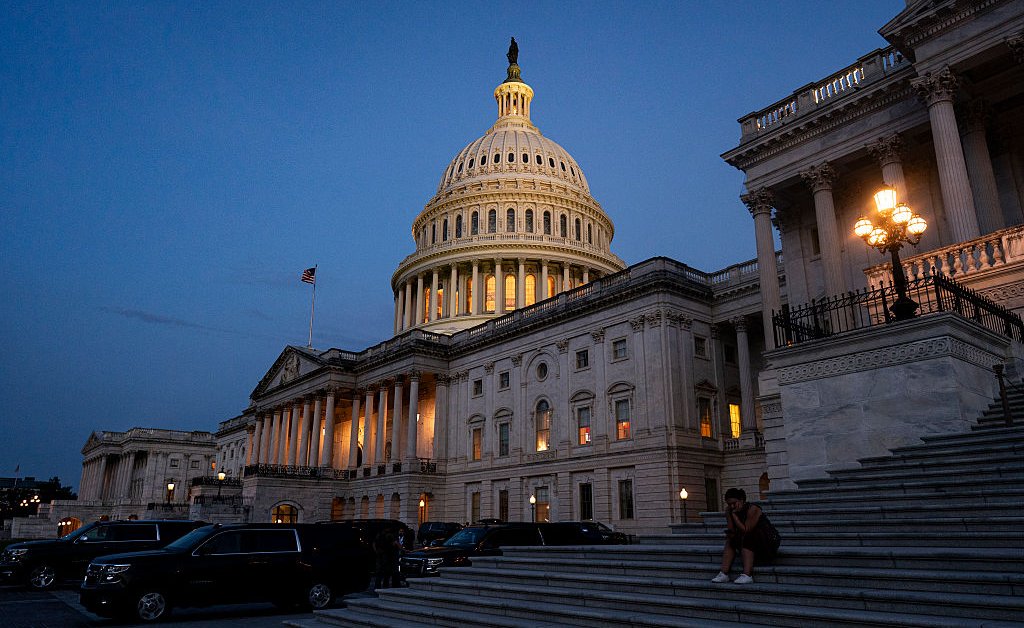The Senate just crushed a 10-year AI regulation moratorium pushed by Big Tech inside Trump’s massive tax and spending bill. Lawmakers voted 99-1 overnight to yank the provision, which would have blocked states from making any AI rules for a decade.
The fight over the moratorium was brutal. Big names like OpenAI and Google backed it to avoid a patchwork of state laws they claimed would throttle innovation. But critics across the political spectrum blasted it as a Big Tech handout designed to freeze AI oversight in its tracks.
The proposal had morphed multiple times. Early versions gave states no say for 10 years. A revised plan slashed that to 5 years and carved out exceptions for kids’ online safety and publicity rights — but still faced fierce backlash. Over 140 left-leaning groups signed an open letter condemning it for shielding tech giants from meaningful state rules. Conservatives like Steven Bannon and Texas Senator Angela Paxton slammed it, too.
Tennessee Republican Marsha Blackburn, who originally tabled the amendment, flipped after pressure from both sides and dropped the moratorium entirely. Missouri’s Josh Hawley and Kentucky’s Rand Paul were also key opponents. The final vote was nearly unanimous, with only North Carolina Republican Thom Tillis standing with the moratorium — a vote insiders say might have been accidental.
Blackburn told Wired the moratorium would have let Big Tech keep exploiting kids, creators, and conservatives:
“This provision could allow Big Tech to continue to exploit kids, creators, and conservatives,” Blackburn said.
“Until Congress passes federally preemptive legislation like the Kids Online Safety Act and an online privacy framework, we can’t block states from making laws that protect their citizens.”
Democrats cheered the outcome. Massachusetts Democrat Ed Markey called the vote a warning to Big Tech billionaires:
“This 99-1 vote sent a clear message that Congress will not sell out our kids and local communities in order to pad the pockets of Big Tech billionaires,” Markey said.
“I look forward to working with my colleagues to develop responsible guardrails for AI.”
AI safety advocates also praised the Senate’s move. Max Tegmark, president of the Future of Life Institute, slammed the industry’s push for immunity:
“The Senate’s overwhelming rejection of this Big Tech power grab underscores the massive bipartisan opposition to letting AI companies run amok,” Tegmark stated.
“The CEOs of these corporations have admitted they cannot control the very systems they’re building, and yet they demand immunity from any meaningful oversight. This threatens families and jobs across America, and the Senate was wise to reject it.”
The larger budget bill, sans moratorium, squeaked through the Senate and heads back to the House. Some House Republicans might try to revive the AI ban, but most are laser-focused on other issues like the deficit and Medicaid cuts.
Update, July 1, 2025: This story was updated to reflect breaking news.














